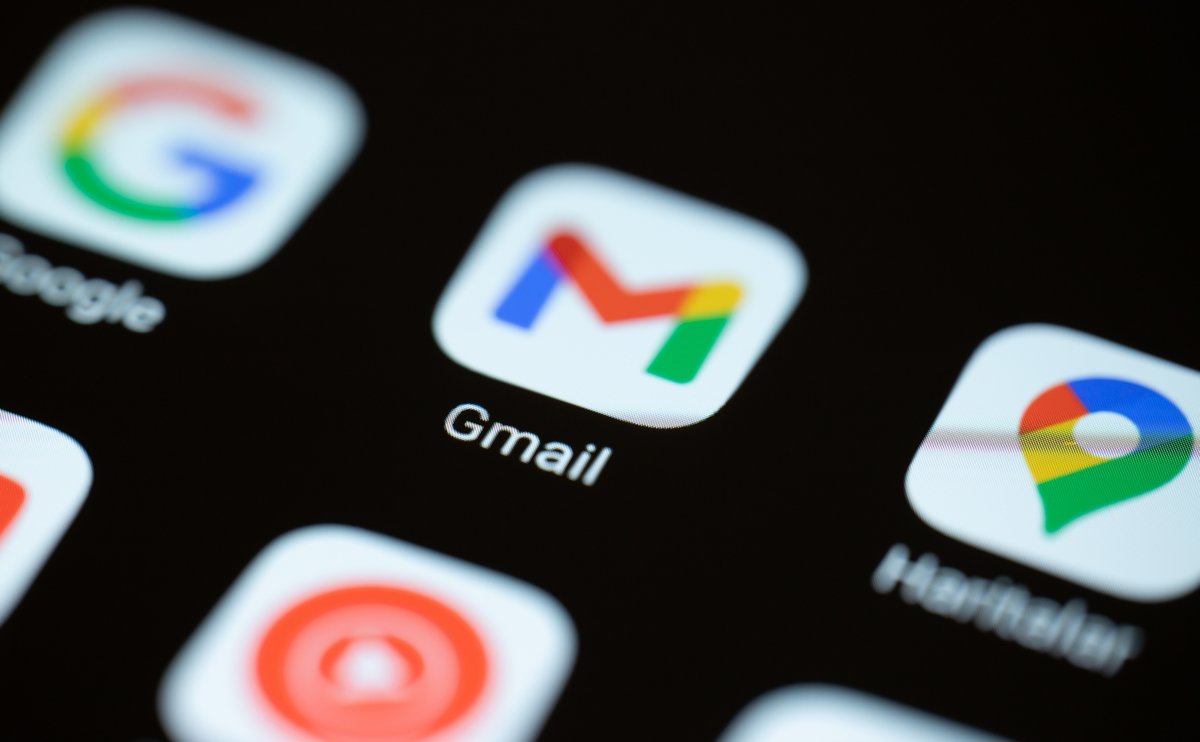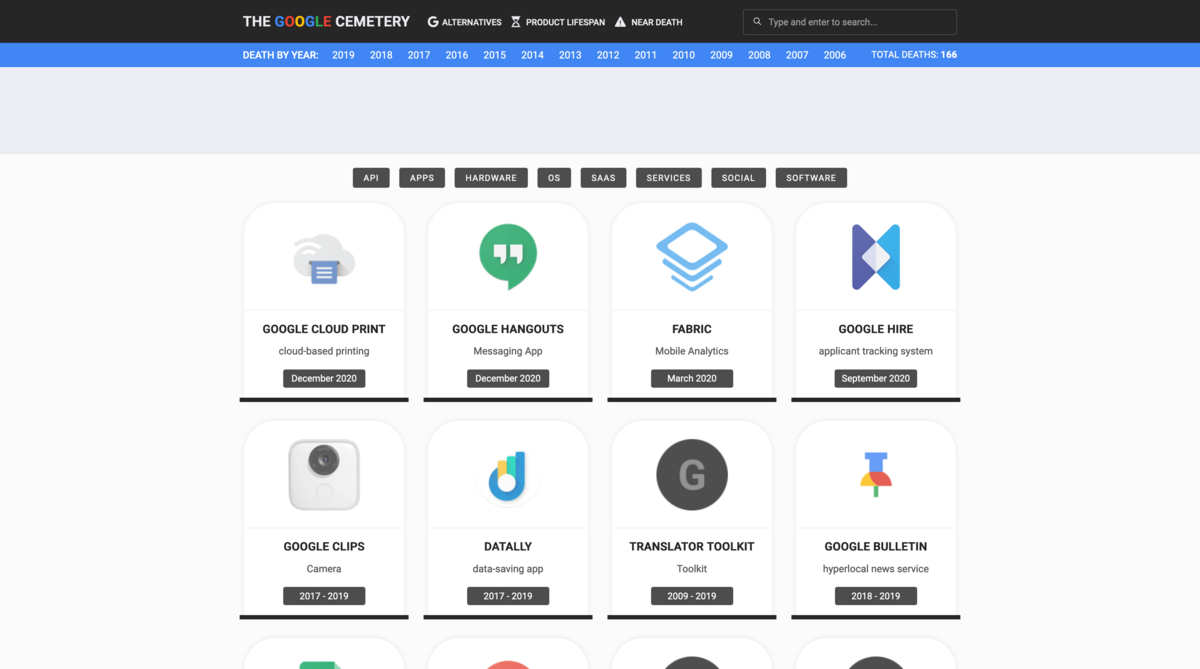The American giant was born in September 1998, at a time when the World Wide Web was not yet quite what it is today. Since then, the company has become a key player and has played a major role in the transformation of the digital world and, above all, in the daily lives of a large number of individuals.
According to the scale, 25 years seems as long as it is short. Compared to other companies that have left their mark on the world since the beginning of the industrial era, Google is a relative newcomer. But on the scale of the Internet, we have the impression that the Mountain View firm has always been there. Regardless, its history is full of successes and failures, and despite its dominant position, the most famous company on the web, and perhaps even the world, still has many challenges to overcome.
“ Did you Google your question? »
Google is the result of a doctoral project. It was in 1996 that Larry Page and Serget Brin, two students at Stanford University in California, began working on a new concept for a search engine. They wanted to find a way to index the Internet, to make it easier to find information on this growing network.
Both students used a method of “ vote » to sort web pages. The number of links to them from other sites was counted and used to judge the relevance of each page. From then on, no human intervention was necessary and the search engine could develop at the same pace as the rest of the network. As a result, he was able to achieve much better results than the competition at the time. The latter has never been able to keep up with the pace of a service which has since only improved its recipe.
The name Google also refers to the mathematical term “ googol » (gogol in French), which designates a number starting with a 1 and followed by 100 zeros. If the search engine has a slightly different name, it is because the domain name googol.com already existed. However, according to some sources, it was rather an error on the part of the person responsible for registering the domain, who then typed… “ Google “.
A solid economic model
Although the service was free in its beginnings, its founders had to monetize it in the early 2000s. Certain keywords could be purchased by advertisers, who could then display relevant advertisements alongside search results. This model helped make Google an advertising giant, so much so that it largely dominates the sector today. The firm has quite simply become one of the main economic locomotives of the Web.
The company could have left it there, but it quickly embarked on a colossal expansion process. In 2001, it began to index the images accessible on web pages, and in 2002, it attacked the world of information, while many Internet users complained of not being able to find information on the events of 11 September 2001. Google Translate appeared in 2006, facilitating communication around the world.
A forced diversification
In 2006, the search engine acquired YouTube, an increasingly popular video streaming platform. A few years later, Google tried to respond to iOS and the success of the iPhone by launching Android, an operating system designed for mobile phones. Which will also lead him to manufacture his own computers, tablets and smartphones.
In the meantime, the company is launching Gmail, an email service offering 1 GB of storage space upon release. A figure well above the competition at the time and which attracted a (very) large number of users. In 2005, Maps appeared, and two years later, Google began photographing roads around the world and more. Finally, Chrome quickly established itself as the Internet browser of choice, thanks to its good performance, its minimalist interface and its low resource consumption, at least at the time.

So, by the early 2010s, Google was omnipresent in the digital world, and its influence had expanded to the point that it became difficult to avoid. Today, the company provides a wide range of services, from internet access to artificial intelligence. The list of examples is long and the brand has become one of the most recognizable in the world.
“ Stadia? Never heard of it »
However, just because you’re a model of success doesn’t mean you can’t fail from time to time. Google is, in fact, renowned for the many services it has abandoned. We can cite Hangouts, its former instant messaging service, or Google+, its disastrous attempt to enter the field of social networks. If Picasa is surely one of the great forgotten ones in this story, the disappearance of Stadia will have caused a little more ink to flow, as this Cloud gaming service ended in a resounding failure.
In fact, these are not necessarily bad concepts. After all, Microsoft and NVIDIA succeed where Google completely failed. As for Hangouts and Picasa, they have been replaced over time, and their spiritual children are Google Chat or Google Photos. But the American giant’s tendency to get rid of its services and applications is impressive, and habits are stubborn. While Google Podcasts is not going to last long, Google Assistant could disappear sooner than we think.

As pointed out Android Police, this cemetery of services constitutes an irony considering the beginnings of the company. In 2004, its founders adopted the mantra “ Don’t be evil » (“Let’s not be bad”), even as Google was listed on the stock market. For them, the most important thing was to make the world a better place, even if that meant sacrificing income. As former Google Reader users will testify, the instructions were not really followed.
Hey Google, what do we do now?
Today, Google, and more specifically its parent company Alphabet, is one of the largest companies in the world across all industries. However, the company has recently been undermined by Microsoft and OpenAI in its original field: internet search. Artificial intelligence and the chatbots it powers are poised to transform the experience, to the point of (in theory) relegating today’s search engines to the status of antiques. While the company tried to retaliate with Google Bard, the blow was as violent as it was ephemeral. For the first time in two decades, it may be confronted with something new capable of shaking it to its foundations.

However, the biggest danger for Google may lie elsewhere. The American giant is sprawling and its domination of certain markets is causing the teeth of more than one regulator around the world. Although they have not yet been successful, numerous projects aim to dismantle some of its activities, particularly in the advertising sector. The current dynamic seems to be on the political side, and the debates behind the scenes promise to be very intense.
Furthermore, to survive, the company must collect a considerable amount of data from users who have no real choice. This gave Google a bad reputation, prompting many Internet users to “de-Google” and look for alternatives to Google. A real way of the cross which testifies to the predominance of the American giant in the digital world, but also to its indisputable success.
Source : Android Police

4